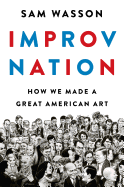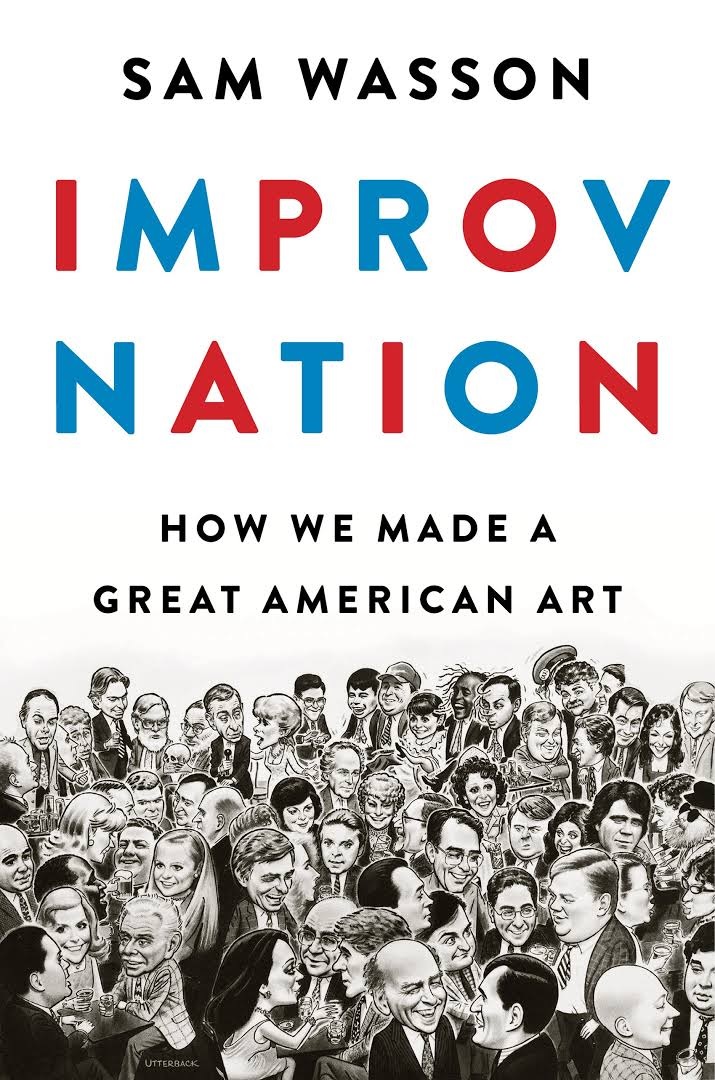 Improvisational theater was invented and developed in the 20th century United States, and continues to be a life spring of new ideas and talent for the performing arts, TV and film. Sam Wasson (Fosse) spent years writing Improv Nation from archival research and scores of interviews. The result is encyclopedic, garrulous and funny.
Improvisational theater was invented and developed in the 20th century United States, and continues to be a life spring of new ideas and talent for the performing arts, TV and film. Sam Wasson (Fosse) spent years writing Improv Nation from archival research and scores of interviews. The result is encyclopedic, garrulous and funny.
Improvisational theater requires its players to be receptive and generous with each other, competitive but also trusting, and to be fearless in front of an audience. The first games and rules of improv were made by Viola Spolin, a Jewish Chicagoan working at the famous Hull House, which served new immigrant populations in Chicago. Working with children and then with adults at the Chicago WPA Recreation Project during the Great Depression, she developed "Theater Games" that encouraged people to open up and play together spontaneously onstage. Spolin's son, Paul Sills, founded the Compass Theater, whose members included the brilliant comedy duo Nichols and May. Some of its members went on to found the famous and influential Chicago improv theater Second City, which opened in 1959 to such instant success they didn't have to advertise. New theaters were founded in cities across the country, and the age of improv had arrived.
Wasson often seems thrilled and dazzled by his famous subjects, and his enthusiasm permeates this book. He has organized it chronologically, with reference to the major political and cultural events of each period. All the intertwined story lines and Wasson's frequent digressions can sometimes feel a little chaotic, but another great anecdote is always on the next page. He describes the evolution of improv through scenes of creative meetings, rehearsals and performances. Many artists succeeded and innovated in the early little theaters, and went on to build strong networks and brilliant careers. Some found improv "a hell of free will." Improvisational theater influenced a long list of Hollywood movies, including The Graduate, Animal House and Waiting for Guffman, and inspired TV shows such as Saturday Night Live, the Daily Show, the Colbert Report and Key and Peele. Rage, depression and addiction plagued many of the performers profiled here, along with all the difficulties of starting careers in the arts. But the creative and social joy of improvisational theater, and the application of its principles to daily life, are the unifying themes. "Wherever there is improvisation, anyone can speak her mind, and that mind, folded in with others', will form a totally original, harmonious entity... the democratic spirit channeled through art. Improvisation, then, is inherently egalitarian; it is about how we can be free together." --Sara Catterall
Shelf Talker: An ambitious and effusive history of the development of improvisational theater in the U.S., its many stars and powerful continuing influence.
 "Bookshops--and all the shops that come together to make up our communities, to entice us away from our screens and into communal spaces--can't exist without our customers. Where you shop is of course entirely your choice, but it's important to really make that choice a conscious one....
"Bookshops--and all the shops that come together to make up our communities, to entice us away from our screens and into communal spaces--can't exist without our customers. Where you shop is of course entirely your choice, but it's important to really make that choice a conscious one....









 Phaidon Press and designer Tomas Maier "have joined forces to
Phaidon Press and designer Tomas Maier "have joined forces to 
 The New York Public Library has unveiled a $317-million
The New York Public Library has unveiled a $317-million 

 The
The 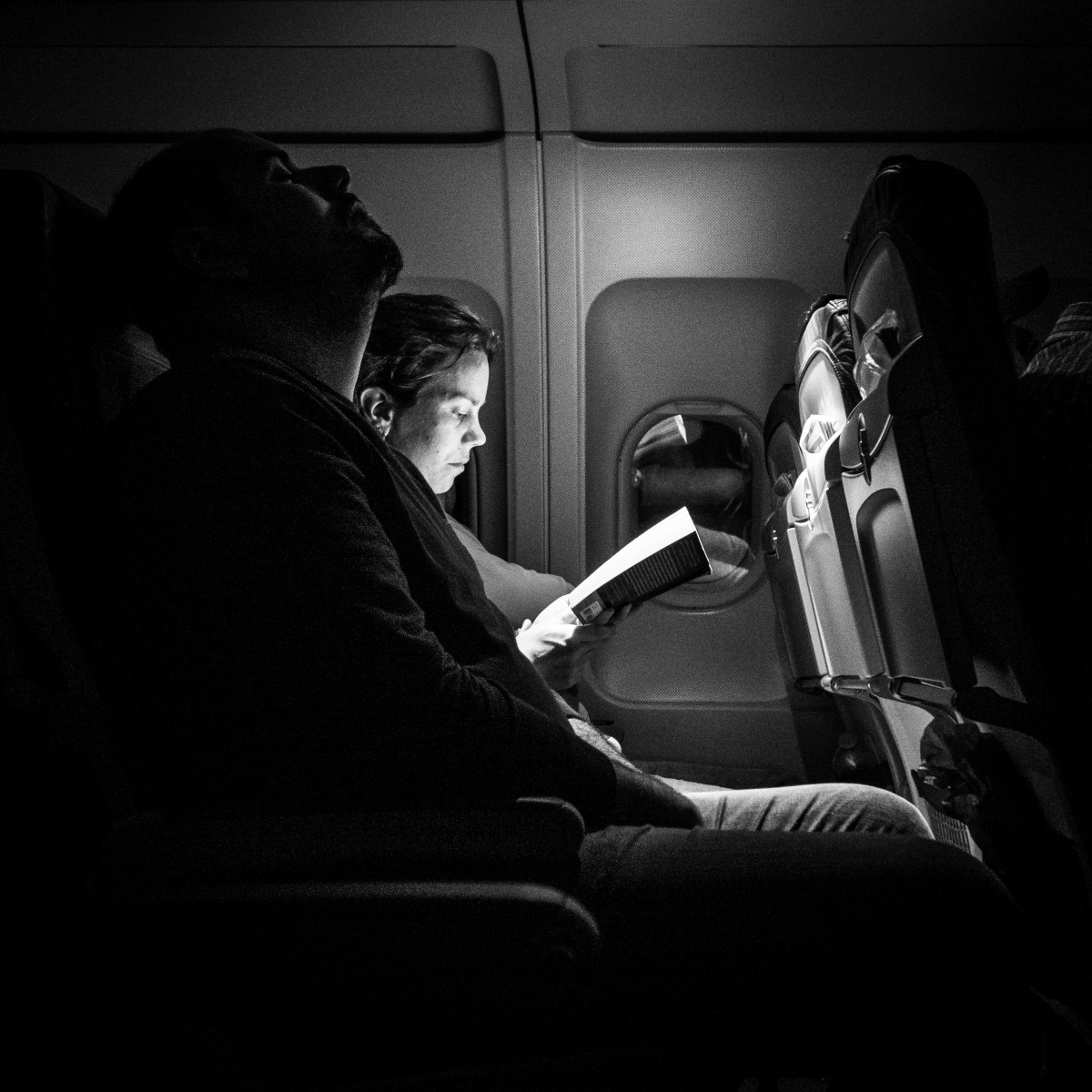
 Perfect weather brought out the crowds for the
Perfect weather brought out the crowds for the 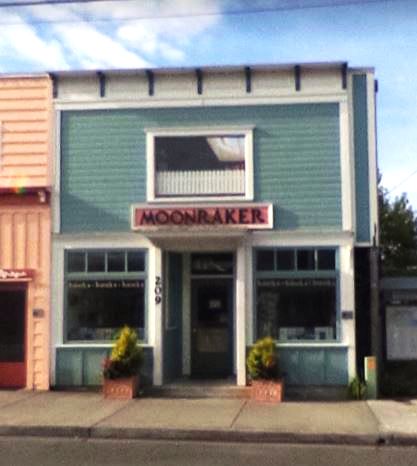 Congratulations to
Congratulations to  "
"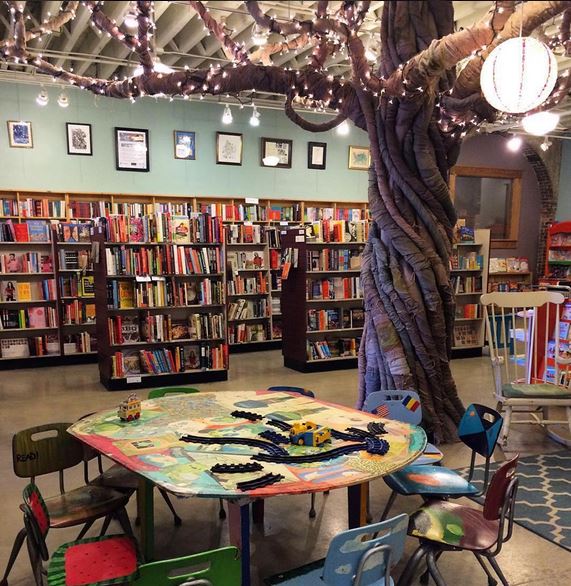 Tweeted by
Tweeted by  Madison Park: A Place of Hope
Madison Park: A Place of Hope Improvisational theater was invented and developed in the 20th century United States, and continues to be a life spring of new ideas and talent for the performing arts, TV and film. Sam Wasson (Fosse) spent years writing Improv Nation from archival research and scores of interviews. The result is encyclopedic, garrulous and funny.
Improvisational theater was invented and developed in the 20th century United States, and continues to be a life spring of new ideas and talent for the performing arts, TV and film. Sam Wasson (Fosse) spent years writing Improv Nation from archival research and scores of interviews. The result is encyclopedic, garrulous and funny.